


Picture this: you’re at home, sitting on your bed in your pyjamas, all warm and snuggly, with a hot drink.
Seems like the life, doesn’t it?
Well, under normal circumstances, yes. But right now, you’re not voluntarily doing this. You’re being forced to stay home alone until the COVID-19 crisis ends. It’s not quite the dream life.
The only thing that makes you feel some normality is technology. So, you unlock your phone and start perusing. Tik Tok? No point, it feels like you’ve watched Every. Single. One. UberEats? Not again. News? You read that 10 minutes ago. All you see is ‘Coronavirus...’ anyway.
Instagram it is (for the umpteenth time today).
Swiping through the Insta-stories, you see some people having fun, but a lot of people suffering. Lost jobs, panic and crashing economies. Lonely photos depicting home isolation. At home in your pyjamas, you know one thing.
You too, feel very, very lonely.
In the midst of this global pandemic, Trinity College students and alumni Lucie Clairs, Tom Grills, Cameron Grimwade, Claudia Huang and Edwina Jackson felt exactly the same. They found themselves relying heavily on technology to feel connected every day.
‘It’s quite stressful, how suddenly everything is changing,’ says Cameron. ‘So, I think now more than ever people need technology to communicate and express their feelings.’
It was this realisation that prompted the students to create the ‘Emoji Project’. Facilitated by ex-Trinitarian Alex Horton, the group got together late last year with the initial aim of promoting awareness of the United Nations Sustainable Development Goals (UNSDGs), which include ending poverty, promoting gender equality, and building sustainable cities.
As the project progressed, the students felt more driven to create a real-time sense of unity using technology, so shifted their focus from the UNSDGs to something we communicate with every day: emojis.
‘By using the emoji form, I think our ideas for change are available to the masses, because emojis are just such a part of our everyday lives,’ says Lucie.
Claudia agrees. ‘I had seen so many technology-based campaigns and they had made such a difference. I thought, why not us?’
The students' aim became to create five unique emojis that represented the concepts they wanted to promote: wellbeing, community, growth and sustainability.
‘Concepts relevant in our society,’ Tom calls them.
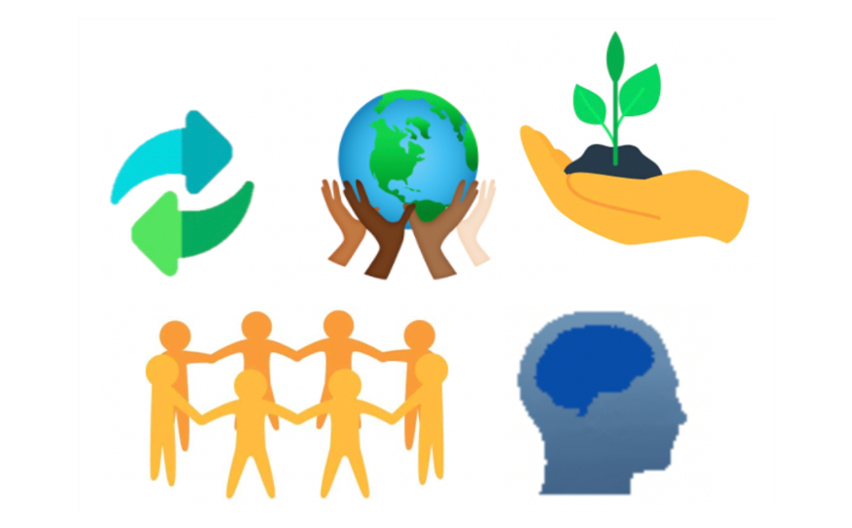
Jessie Downey, Trinity’s Wellbeing Coordinator, explains that ‘especially for those in isolation, technology is such an imperative lifeline to have.’
The Emoji Project fosters just that – virtual connection.
The students’ idea is that by posting the mental health emoji on your Instagram story, for example, you could be showing someone out there that you are thinking of them in their struggles.
‘A picture can say a thousand words,’ says Cameron. ‘We hope these little pictures can speak to the pains of isolation, suffering and loss [that people are experiencing], yet also speak to the nature of humanity to stand together.’
The Emoji Project comes as an example of Trinitarians at their best. With collaboration from both past and present students, the creative initiative that characterises our college is demonstrated. Initiative that helps brighten our days, just a little, in these unusual times.
The group have submitted their emojis for review and are now waiting to see if their graphic submissions will be successful in making it onto the emoji keyboard.
In the meantime, there are plenty of other initiatives being run at Trinity to curb the impact of COVID-19. Fitness classes on the Bulpadock, corridor Zoom meetings, Tik Tok video competitions, and boundless creativity and communication. Building and maintaining community is the Trinity way, so near and far, it’s nice to know Trinitarians will always be looking out for each another.
By Edwina Jackson
Related News

Introducing the ninth Warden of Trinity College

Our Way: Celebrating Indigenous Art
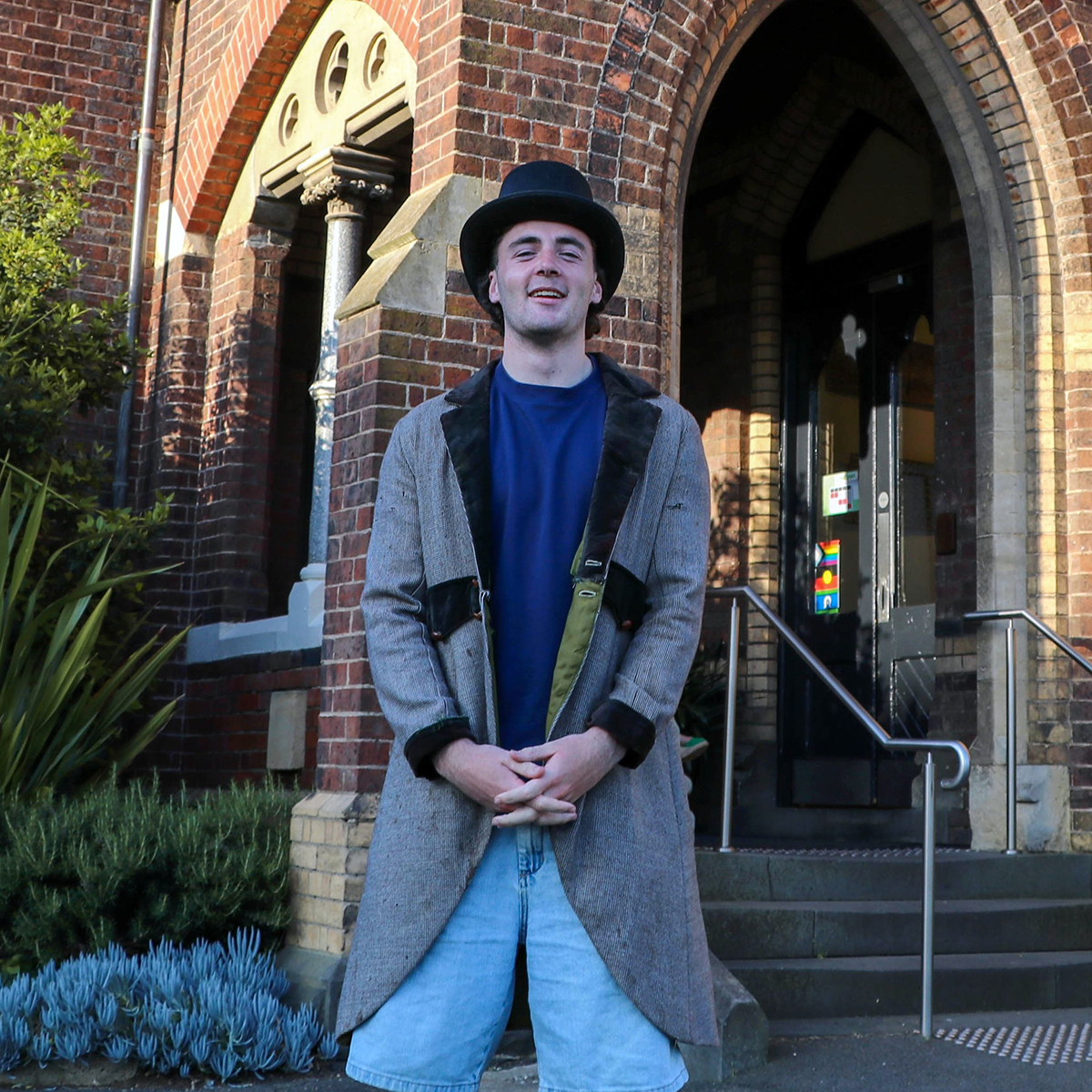
The Badimaya man from Ballarat on ‘unlocking students potential’ as Trinity Senior Student

A new world of wine

Jack reaps the rewards after taking a leap of faith on Trinity College

Marketing to the next generation: considerations in a rapidly changing world

First year resident Harvey says ‘there’s always someone to chat with’ at Trinity College

Making greener, ethical choices for better business

A message from Professor Ken Hinchcliff

Gyan Angon on his move to the big smoke

Eight ways to be a more sustainable Trinity student

Kicking for home: Trinity alum Vicky Tan on balancing research at Oxford with captaining its Aussie rules team

Jack's journey from Mareeba to Melbourne

We talk to the people behind Trinity's Grease the musical

Spontaneous friendships and helpful tutorials have ensured a memorable start to College life for Hugh

Kirsten Gray appointed Chair of the Trinity College Board

Bridging the gap: an equitable future for First Nations people

For Cheryl, heart to hearts and plenty of laughs are defining her Trinity experience
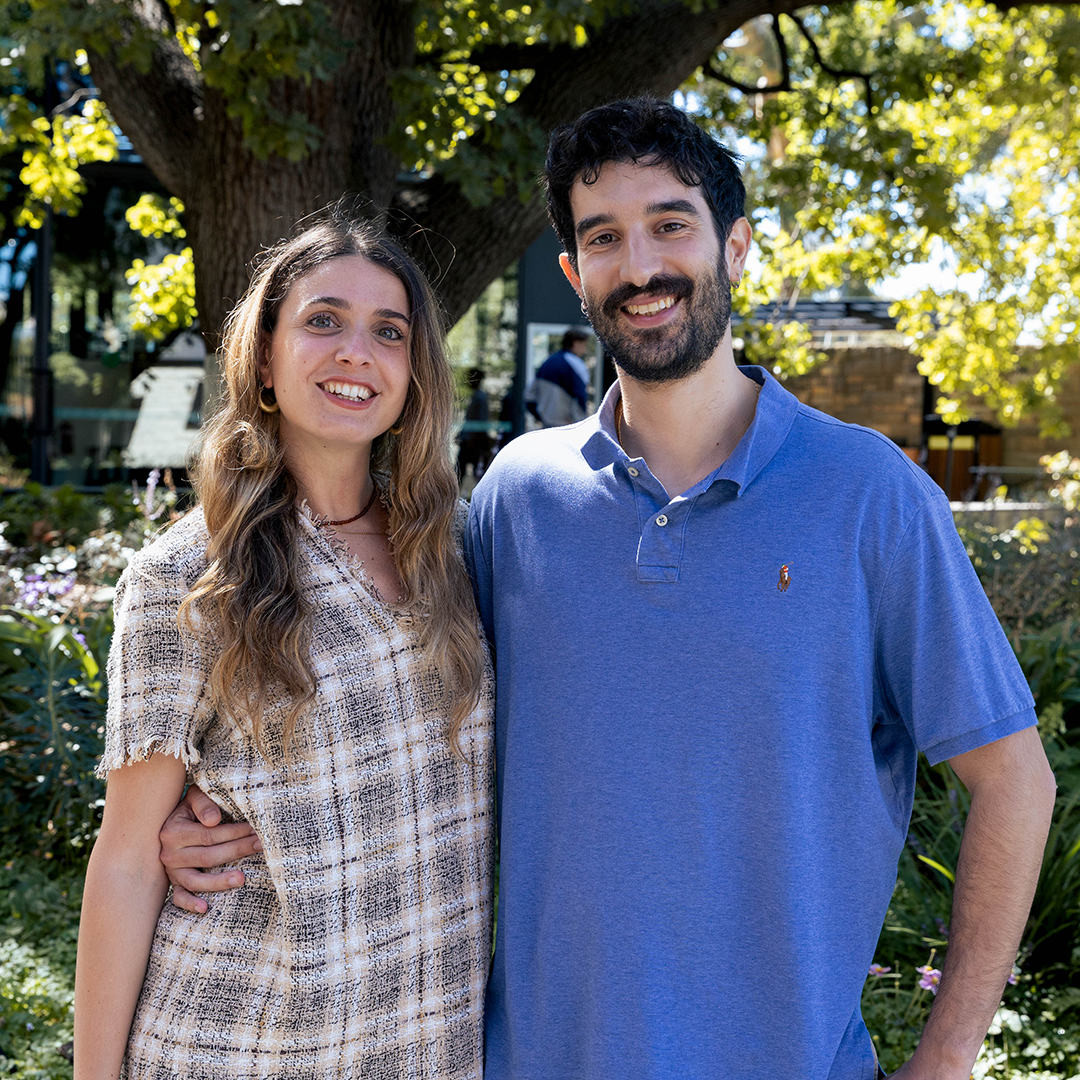
Visiting scholar Pietro Lorenzetti on Trinity hospitality and renewable engineering challenges

Meet the Trinity alum who's striving for an inclusive parliament

Freya Brolsma: a racing podcaster's journey from the Bulpadock to the F1 paddock

What is Lent?
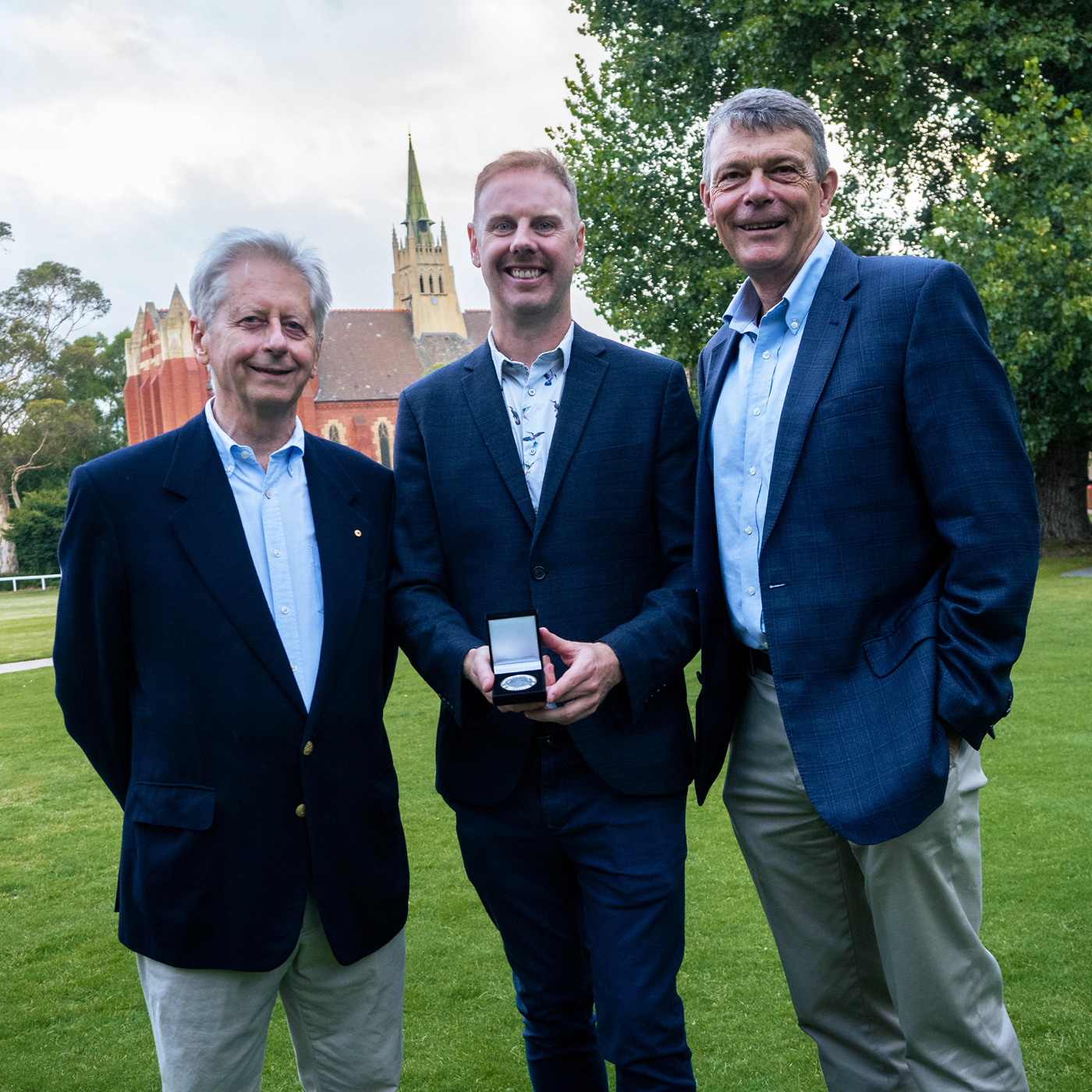
Trinity breaks with tradition to announce joint Alumni of the Year
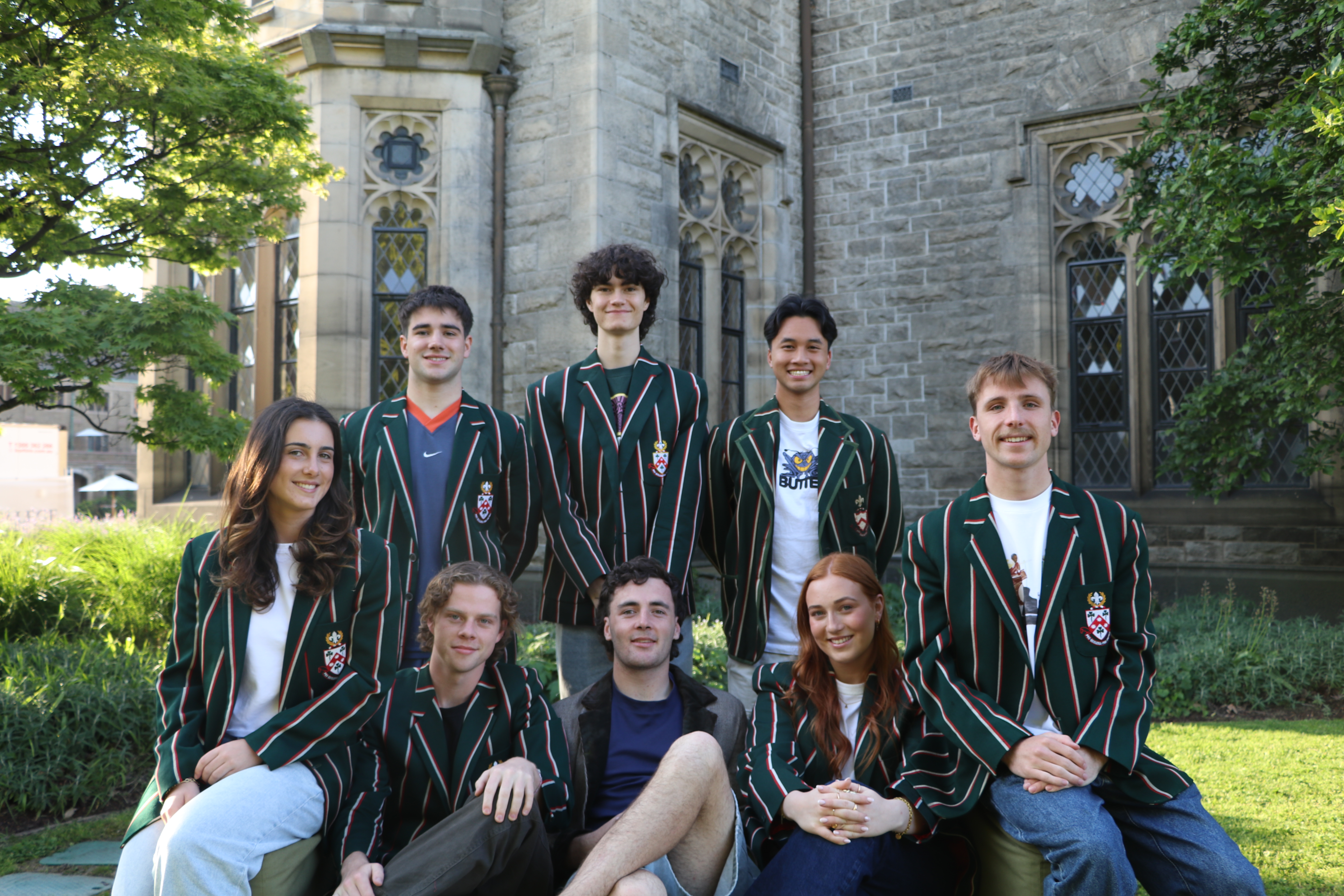
Meet our TCAC student committee for 2025

What is Trinity's Wine Cellar student committee?

What does our Outreach Committee do?

Residential College student Ravin Desai shares his passion for politics and journey at Trinity
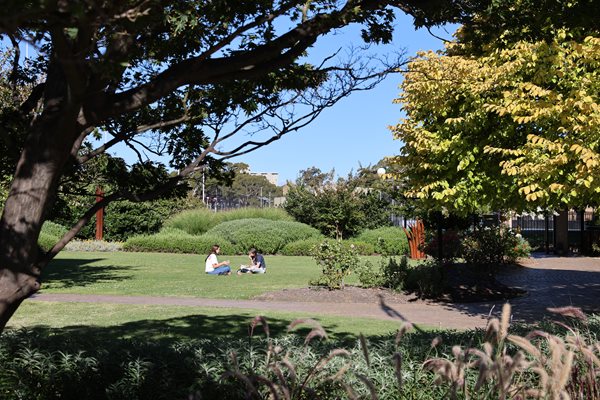
Learn about the Wellbeing and Inclusivity Committee at Trinity

Elias Jarvis and Anisha Damaso on the value of Kumergaii Yulendji at Trinity College

From Albury to Melbourne: Rosie Bradford's story
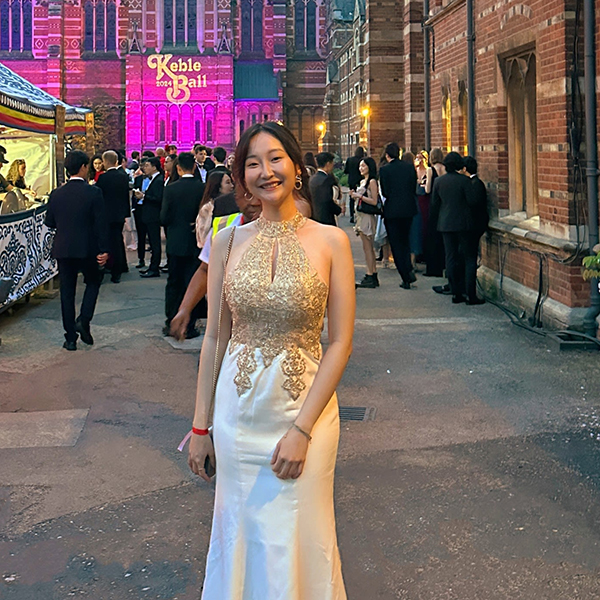
From Foundation Studies to the Residential College to Oxford: Xinran’s story

From the surf coast to Melbourne
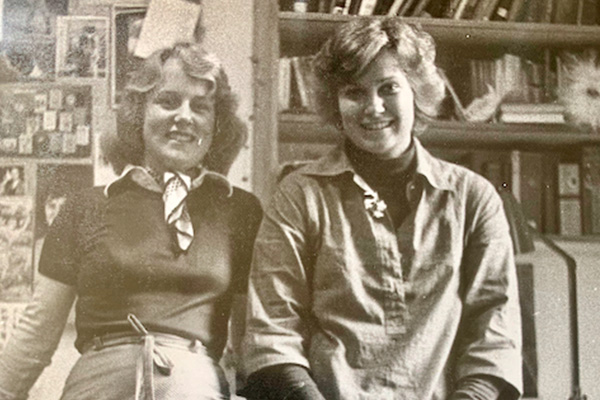
1974 vs 2024 for a woman at Trinity: what’s changed and what’s stayed the same?
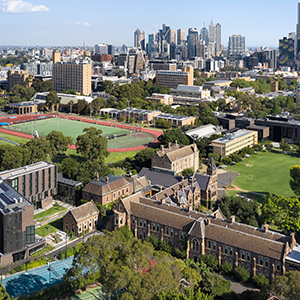
The best things to do in and around Parkville

Meet Trinity's aspiring art curator Seb Moore

Meet Nakata Brophy prize winner Jasmin McGaughey

Book now – Heathers: The Musical

A love story for Valentine’s Day: Matt Hargreaves and Kirsten Callander

Announcing our 2024 Alum of the Year
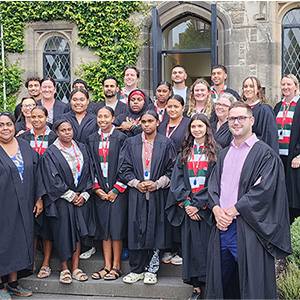
Trinity College Indigenous Summer Camp
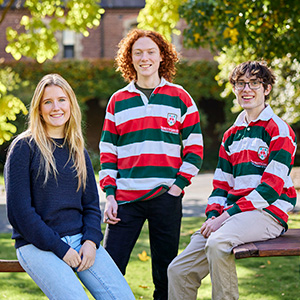
7 tips to prepare for a residential college interview
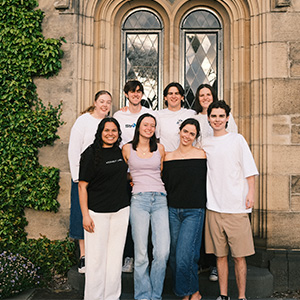
Introducing our TCAC for 2024

Moving to Trinity from overseas: Katie's story

Moving from a regional area, stressing about your ATAR and worried you won’t know anyone? Read Hazel’s story.

From Larrakia to Wurundjeri country: How Anisha is inspiring other Indigenous students to dream big

Meet Admissions Coordinator Wendy Ngaturi

Hugo Jordan on why there's no 'best thing' about Trinity
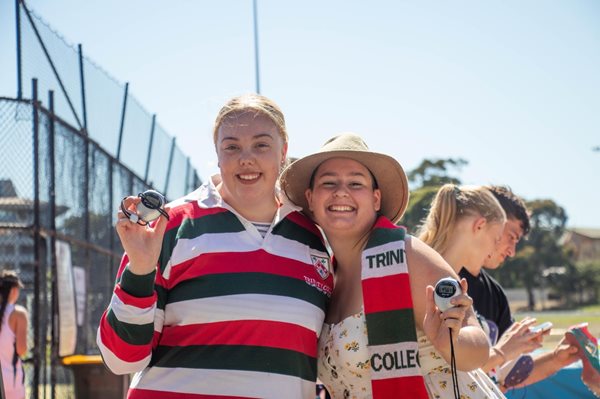
Kate Beggs’s journey from the Great Ocean Road to the heart of Melbourne city

‘College is similar to boarding school, but with a fraction of the rules.’

Freya Giles shares her experience of choosing and living at Trinity

Former Perth student Tessa Moon shares her Melbourne college experience
.png?width=1200&height=1200&ext=.png)
Isaac Hucker, a proud Badimaya man, describes his journey towards choosing university and college life
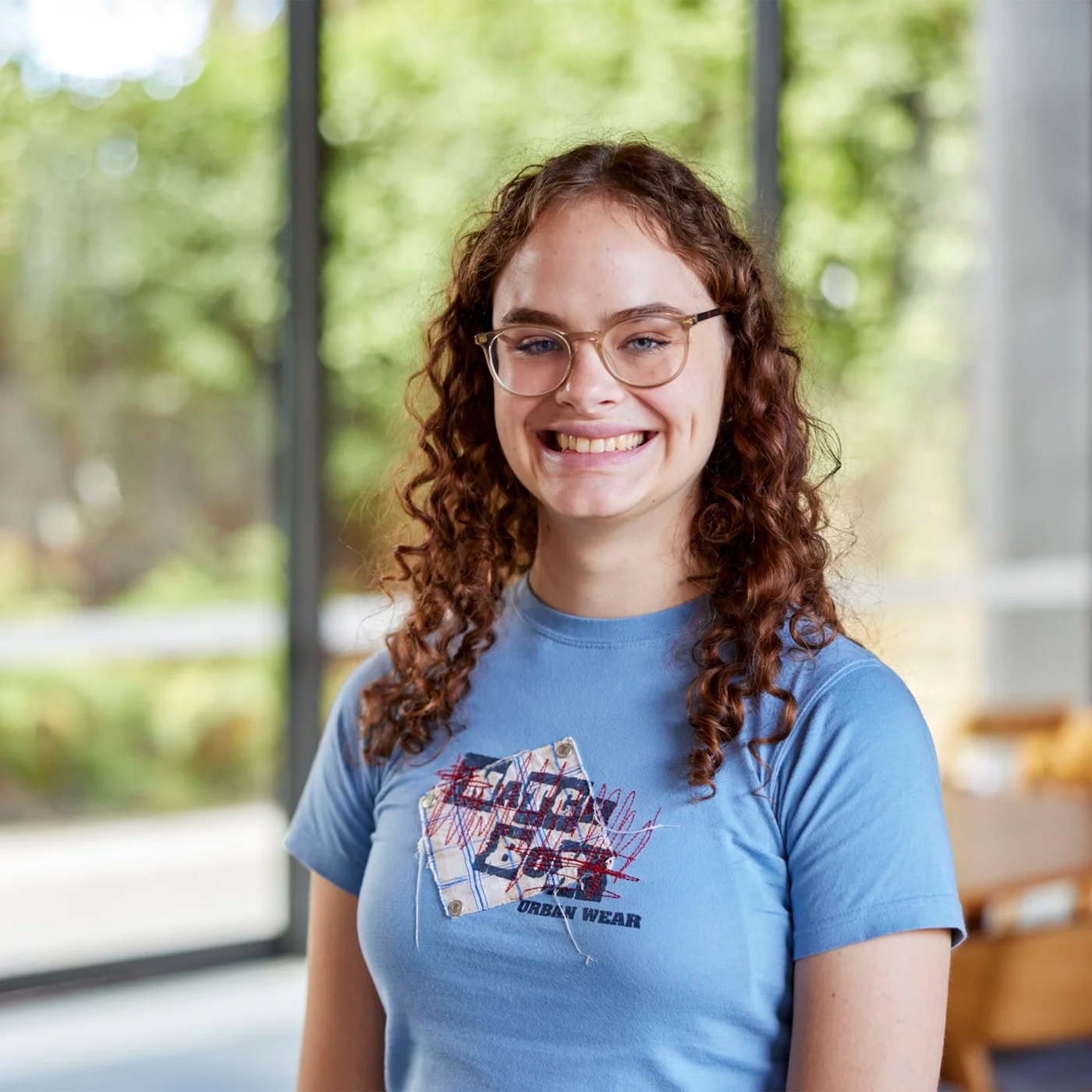
Mikayla Hand’s journey from Indooroopilly State High to studying at Australia’s top university

From farm life to Trinity College: Q&A with Fergus Guest

From country to city life: Why college is the complete package for Rosie

Book now: The Addams Family musical
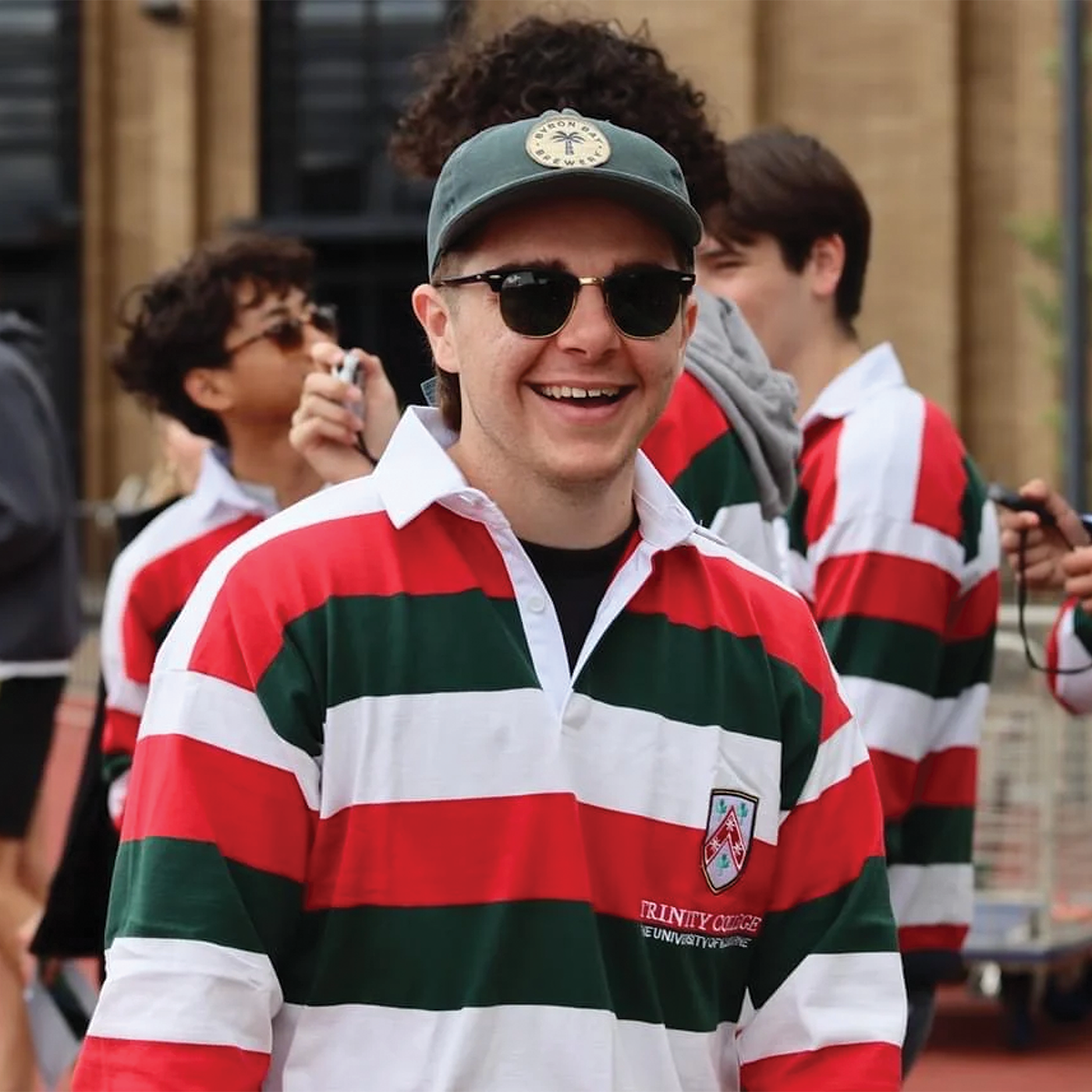
Peter Kalidonis on why making friends at uni is harder than you think
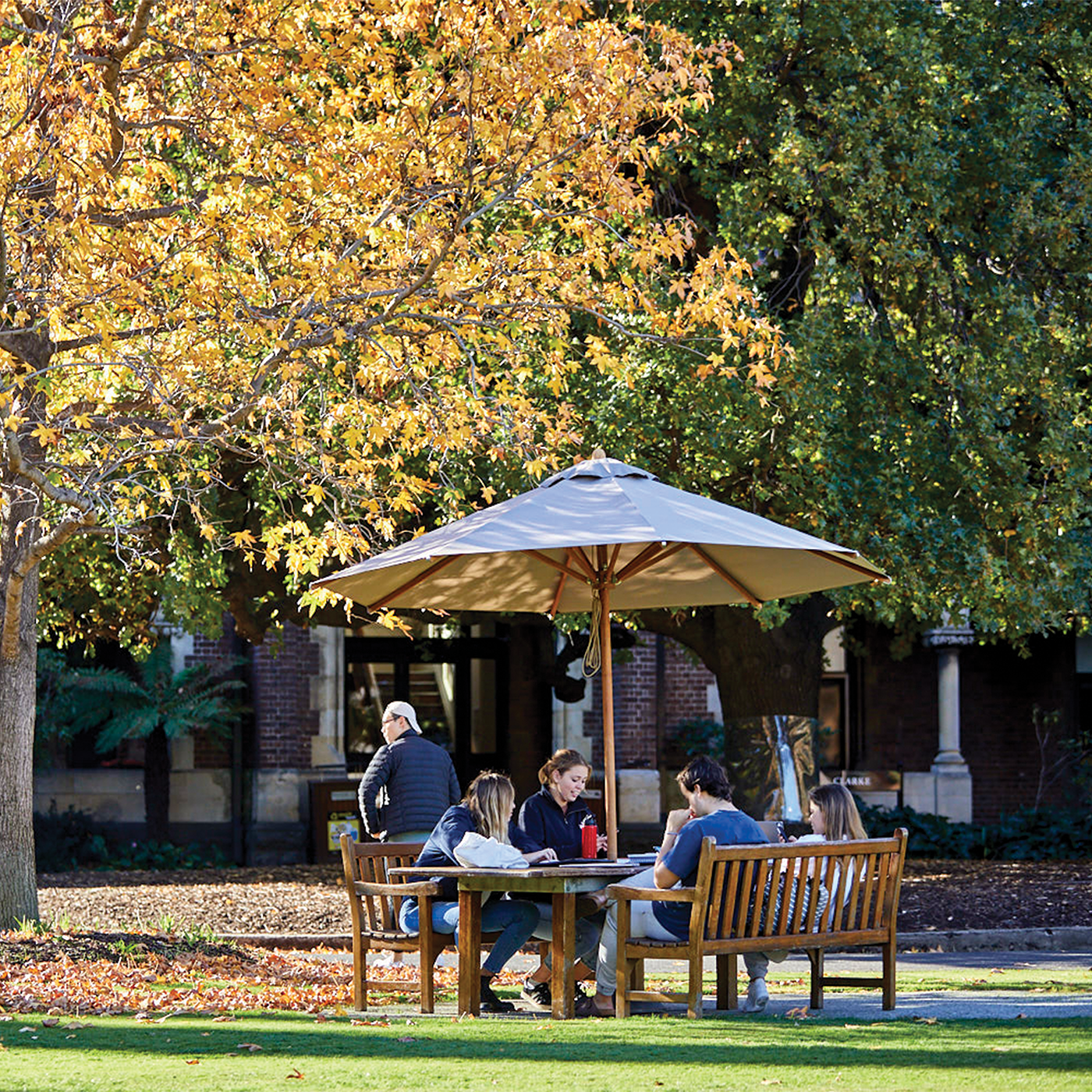
Residential college vs dorm in Australia: what's the difference?

Sex and sexuality week: Kody shares his story of growing up gay in country Victoria
Trinity triumph in Men’s 1st VIII Rowing
-
News & Stories
- Our Theological School Student President's mission to champion a spiritual and welcoming environment
- Jack reaps the rewards after taking a leap of faith on Trinity College
- Trinity alum named in King's Birthday Honours 2025
- Trinity Deputy & Academic Dean appointed Fellow at Center of Theological Inquiry
- Meet Trinity's aspiring art curator Seb Moore
- Trinity College offers its congratulations to newly elected Archbishop of Melbourne, the Right Reve
- Events
- Art
- Music & Choir
- Campus Development Projects
- Visiting Scholars & Lectureships
- Accommodation for Visitors
- Short Programs
- Work at Trinity
